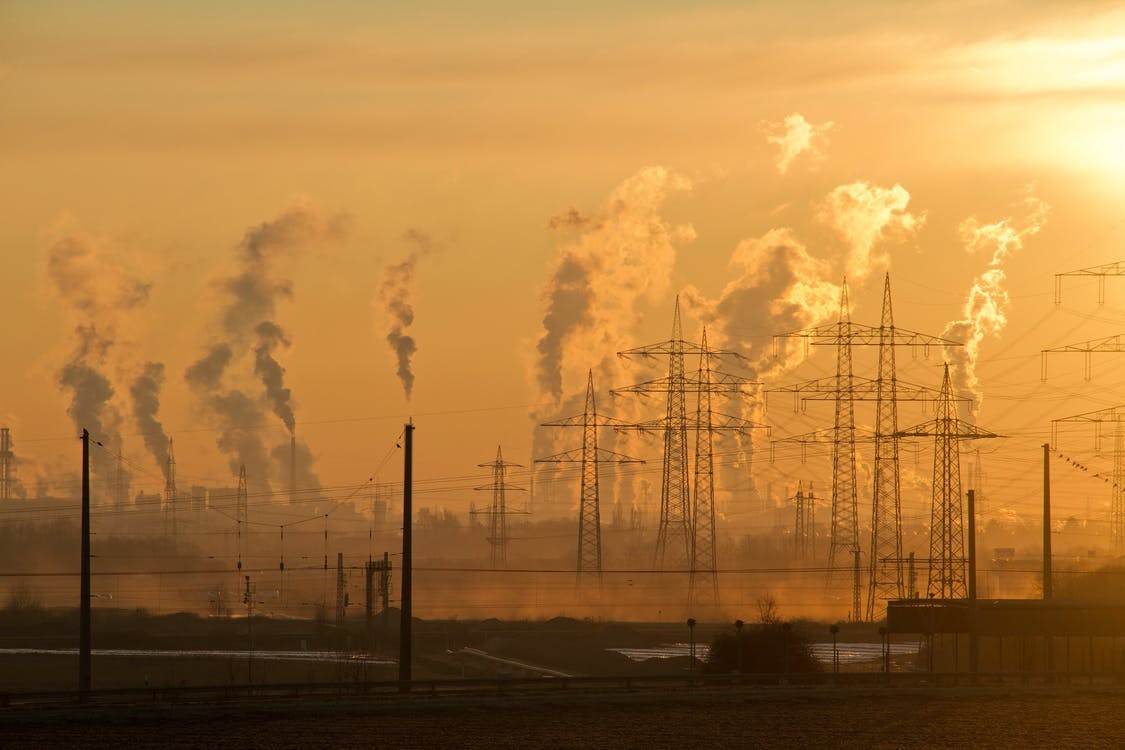The province says it’s setting out a roadmap to combat climate
Premier John Horgan says the CleanBC Roadmap to 2030 plan accelerates measures in B.C.’s climate plan.
The goal is to have B.C. achieve the Paris emissions reduction targets for 2030 and reach net-zero by 2050.
Horgan says the threat of climate change is upon us.
“The scale of the climate emergency demands that we act with even greater urgency than ever before. By bringing people and businesses together, we can rise to the challenge and seize the opportunity to build a stronger, more resilient B.C. for everyone. That’s what this plan is all about.”
According to the province, the plan will help power more businesses and communities with clean, renewable made-in-B.C. hydro electricity.
Working with large industry partners, it will also ensure sector-specific plans to reduce their climate pollution and meet B.C.’s targets.
“By working with all sectors, we can see clearly where we are making progress and where new thinking and resources are required,” said environment minister George Heyman.
“The CleanBC Roadmap puts greater focus on transitioning away from fossil fuels faster and adopting clean energy solutions. It strengthens B.C.’s position to attract investment and build opportunity for British Columbians and embodies our determination and commitment to meet our climate targets.”
The CleanBC Roadmap to 2030 includes a series of actions across eight pathways. They include:
- a commitment to increase the price on carbon pollution to meet or exceed the federal benchmark, with supports for people and businesses;
- requirements for new industry projects to have enforceable plans to reach B.C.’s legislated and sectoral targets and net zero by 2050;
- stronger regulations that will nearly eliminate industrial methane emissions by 2035;
- a comprehensive review of the oil and gas royalty system to ensure it aligns with B.C.’s climate goals and provides a fair return for British Columbians, with outcomes released in February 2022;
- new requirements to make all new buildings zero-carbon by 2030;
- a nation-leading adoption of zero-emission vehicles (ZEVs) by 2030 and 100 percent ZEVs by 2035;
- developing new ZEV targets for medium- and heavy-duty vehicles;
- an accelerated shift toward active transportation and public transit (30 percent by 2030; 40 percent by 2040; 50 percent by 2050);
- increased clean fuel and energy efficiency requirements; and
- support for innovation in areas like clean hydrogen, the forest-based bioeconomy and negative emissions technology.
“We made our oil and gas sectoral targets clear a year ago and this roadmap includes our commitments to meet that reduction target. We will work with experts, industry and Indigenous Nations on programs and policies that will achieve this, including regulation where necessary,” Heyman said.






